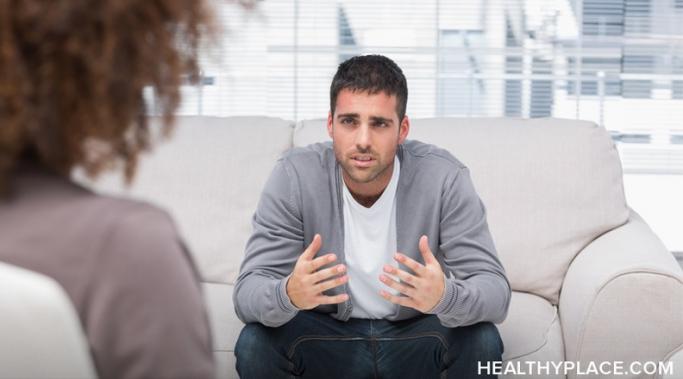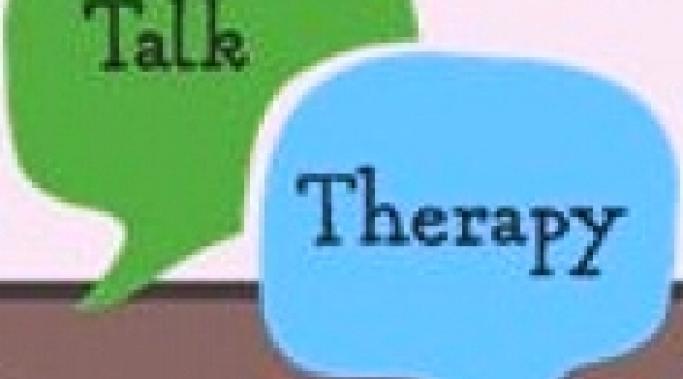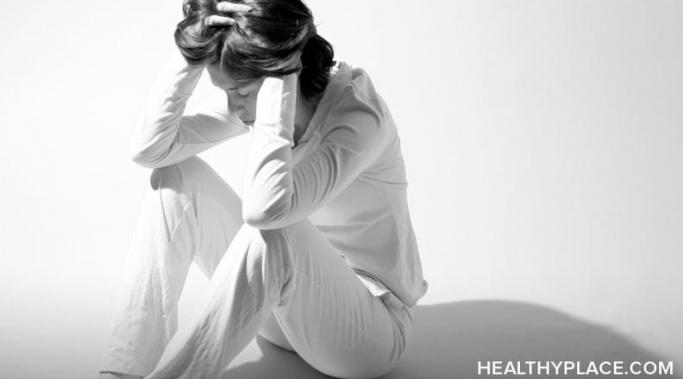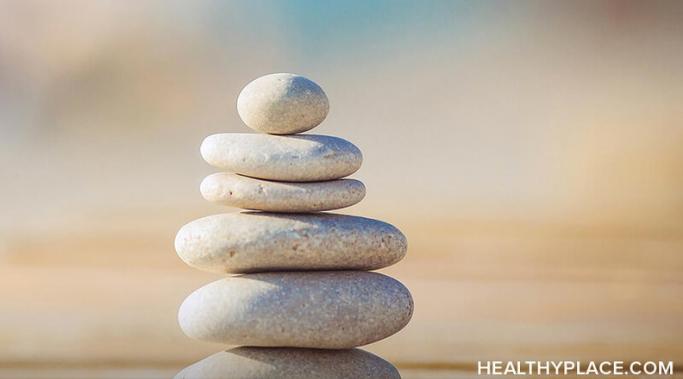Anxiety can be horrendous, so why would anyone want to stop avoiding anxiety and instead practice acceptance and commitment therapy? Avoiding anxiety can make a lot of sense. After all, anxiety can cause our thoughts to race with fear and worry, it can make our emotions spiral out of control, and it can create a whole host of awful physical symptoms from head to toe.
Anxiety Treatments – Anxiety Schmanxiety
It seems like every time anxiety strikes in the presence of others, helpful folks offer the same advice. Take a walk, get some fresh air, or count to 10 are quickly raised as solutions, with the person offering the advice thinking this is the first time we've ever heard that suggestion. Speaking from my own experience, I do the same things over and over. If your methods to relieve anxiety aren't boring you and are working, then there is no need to switch it up. But if you are looking for other ways to relieve anxiety, I offer five ways to relieve anxiety you've (probably) never thought of.
Americans love to eat. We have foods to celebrate, comfort foods, and even foods for specific events like popcorn at the movies, cake at birthdays, and is there really anyone among us who doesn’t feel pizza just tastes better during our favorite TV shows? Considering our culture of food, is it really a surprise to discover we are eating to relieve anxiety? Have you ever stopped and wondered why we eat to relieve anxiety?
Since the beginning of time, people have used objects, people, food, and the like to distract themselves from uncomfortable situations. Children are the masters of this, using their favorite blanket or stuffed animal to reduce their anxiety about pretty much everything. Clearly, the average adult doesn’t want to wander around with a stuffed tiger, but what healthy things can we put in an anxiety toolbox and why should we bother in the first place?
Finding a therapist to help you with anxiety is easily done by opening the phone book or doing a quick Internet search. The difficult part is finding the right therapist, especially if you aren’t sure what to look for. There are many different types of therapists. Cognitive behavioral therapy (CBT) is the most common type of therapy offered. More important than the type, though, is your personal connection with the therapist.
Anxiety can be overwhelming, impacting us in every way imaginable – physically, emotionally, cognitively, and socially. It can range from mild to debilitating, and no matter to what degree we experience anxiety, it affects the quality of our lives. Happily, there are many things that can be done to treat anxiety. One way is through anxiety medication (but medication is not for everyone). There are so many different types of anxiety medication available; though, just contemplating whether or not to try antianxiety medication can itself be anxiety-provoking (list of anxiety medications). It's an individual decision that can only be made with a doctor. Here are some important things to consider as you talk to your doctor about anxiety medication.
Over the past few months, I have been experiencing more anxiety and panic attacks than I have been used to. Many people take anxiety medication to control anxiety and I am no exception. Before I was medicated, the anxiety was unbearable and uncontrollable. Many years ago, I worked with my doctor to gain as much control over anxiety as possible.
Prescribing medicine, whether for physical or mental illness, is not an exact science. The medicine that provides relief for one person may not provide relief for another. Even when two people are on the same medication, they may be on different doses or need to take them at different times of the day.
I must confess; I’m a bully. But not to others. I tend to bully myself relentlessly, criticizing what I do and don’t do, say and don’t say. It’s a nearly endless stream of self-denigration that runs always in the background, often in the foreground, of my thoughts. This harsh self-criticism is entangled with all types of anxiety.
Anxiety can be so overwhelming. Insidiously, it sometimes overtakes our entire being. A worry, an obsessive thought, or a fear creeps into the mind. Sometimes we notice it, and our anxiety kicks into overdrive. Other times, our anxiety kicks into overdrive before we fully notice the worry, thought, or fear. Either way, anxiety symptoms choke us physically, cognitively, and emotionally. We feel defeated. Yes, we feel defeated; however, we aren't actually defeated.
Everyone has anxiety. It doesn't matter how emotionally or mentally healthy a person is; if you are alive, anxiety will eventually creep up on you and give you a smack upside the head. However, those of us who read anxiety blogs on mental health websites aren't having run-of-the-mill anxiety. For the most part, such readers are people with anxiety disorders.
Because of our anxiety disorders, we tend to look for monumental solutions. After all, if our anxiety issues are larger than the averages person's, then our solution must be larger as well. But is that true? Are we setting ourselves up to fail, creating a self-fulfilling prophecy, or allowing our anxiety to trick us into overreacting? Before we call in the proverbial cavalry to relieve our anxiety, let’s take a look at seven simple ways to stop anxiety.









